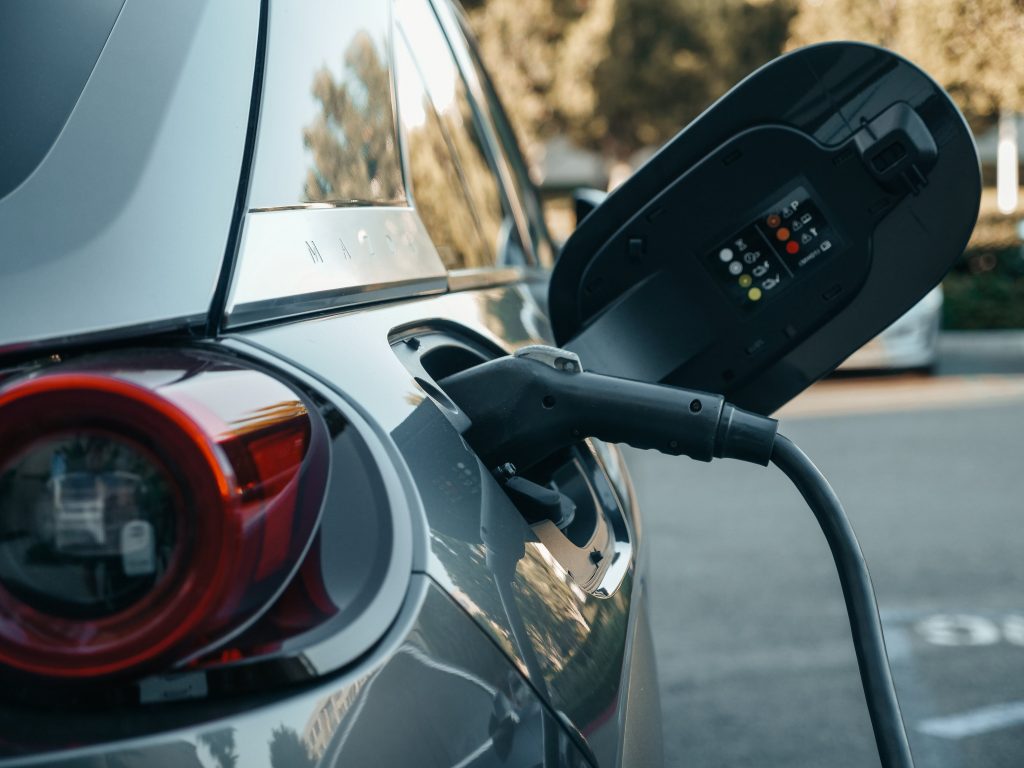

A rocky road trip
The federal government has regulated that by 2035, all new vehicles sold must be electric.
According to data from Natural Resources Canada, in the first three months of 2023, about one out of every eight new cars purchased was electric. At present, more than 26,000 public EV charging stations have been installed across Canada.
But George Iny, director at the Automobile Protection Association, stressed that adequate charging infrastructure must be in place to ensure a smooth transition to a zero-emission future.
Right now, “it’s still so buggy,” he said. “And poorly co-ordinated and poorly standardized.”
Maryann Abela can relate. Last summer, she and her family were travelling in their new Nissan Leaf from London to Lion’s Head, Ont., a 253-kilometre distance that should have taken them a little over three hours to drive.
The Leaf’s range is 342 km, but given the car wasn’t fully charged, they were prepared to stop to charge along the way. Abela planned ahead, googling the locations of fast chargers along the route, never anticipating that none of them would be operational.
